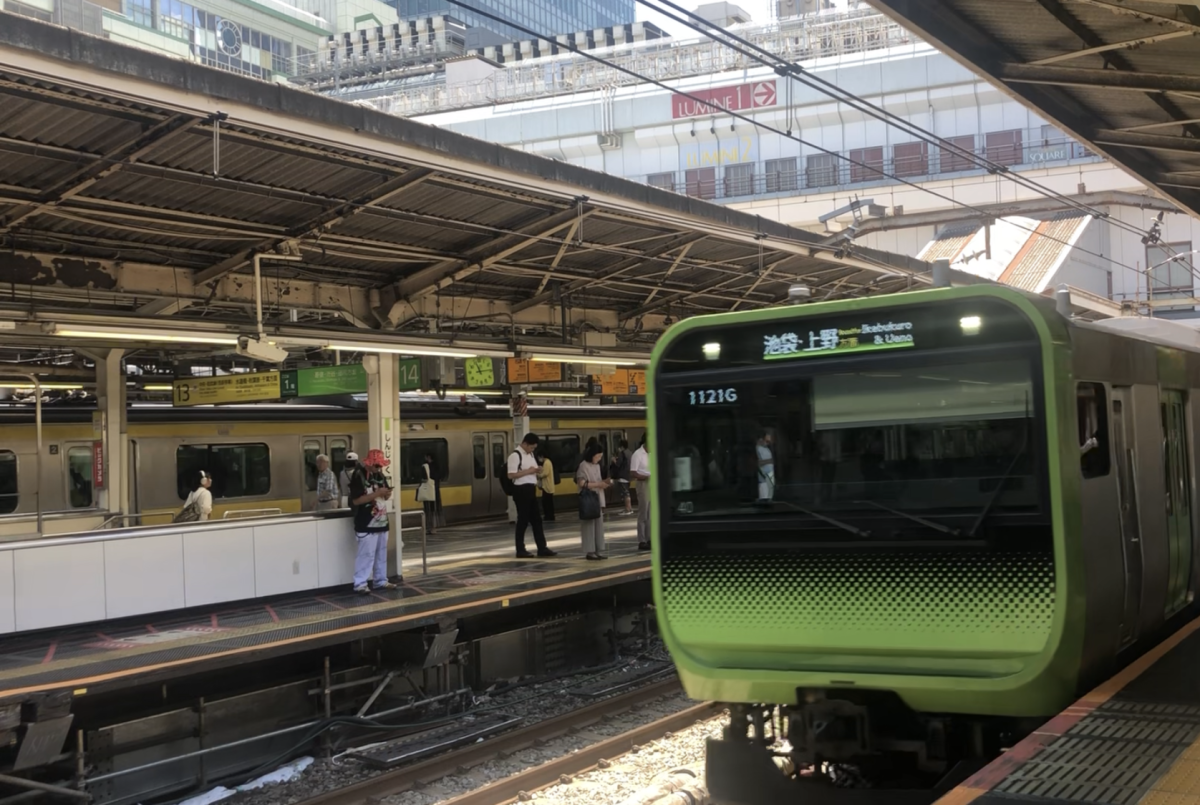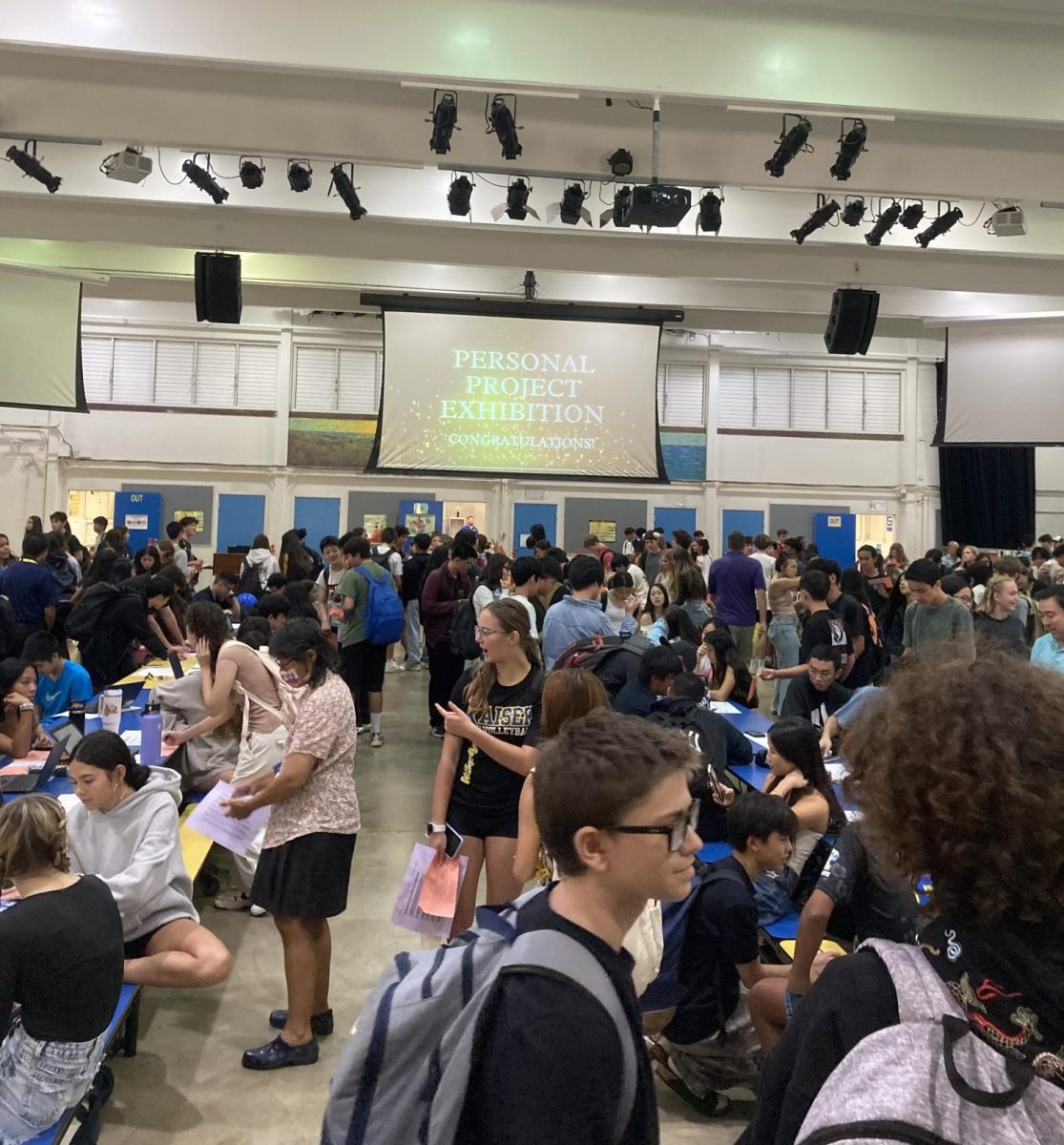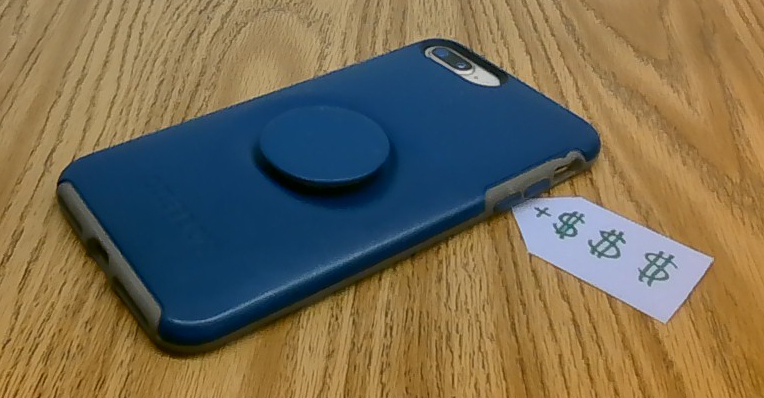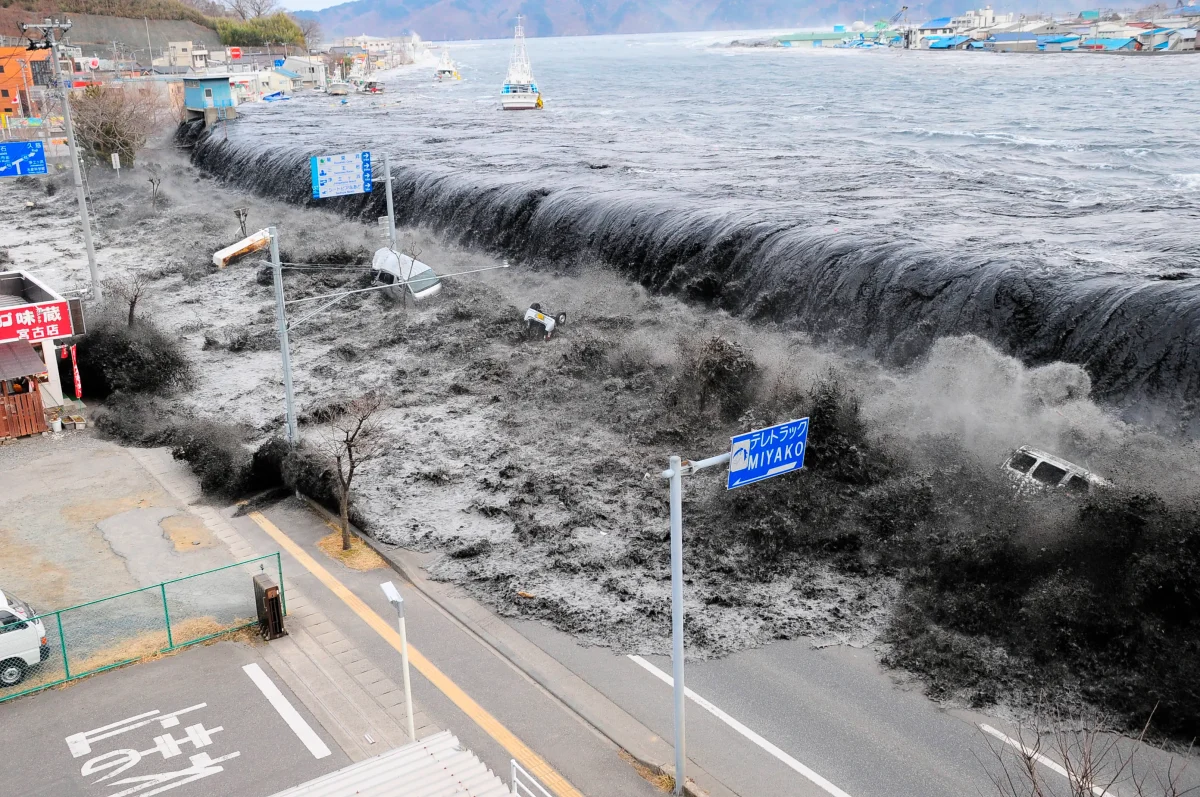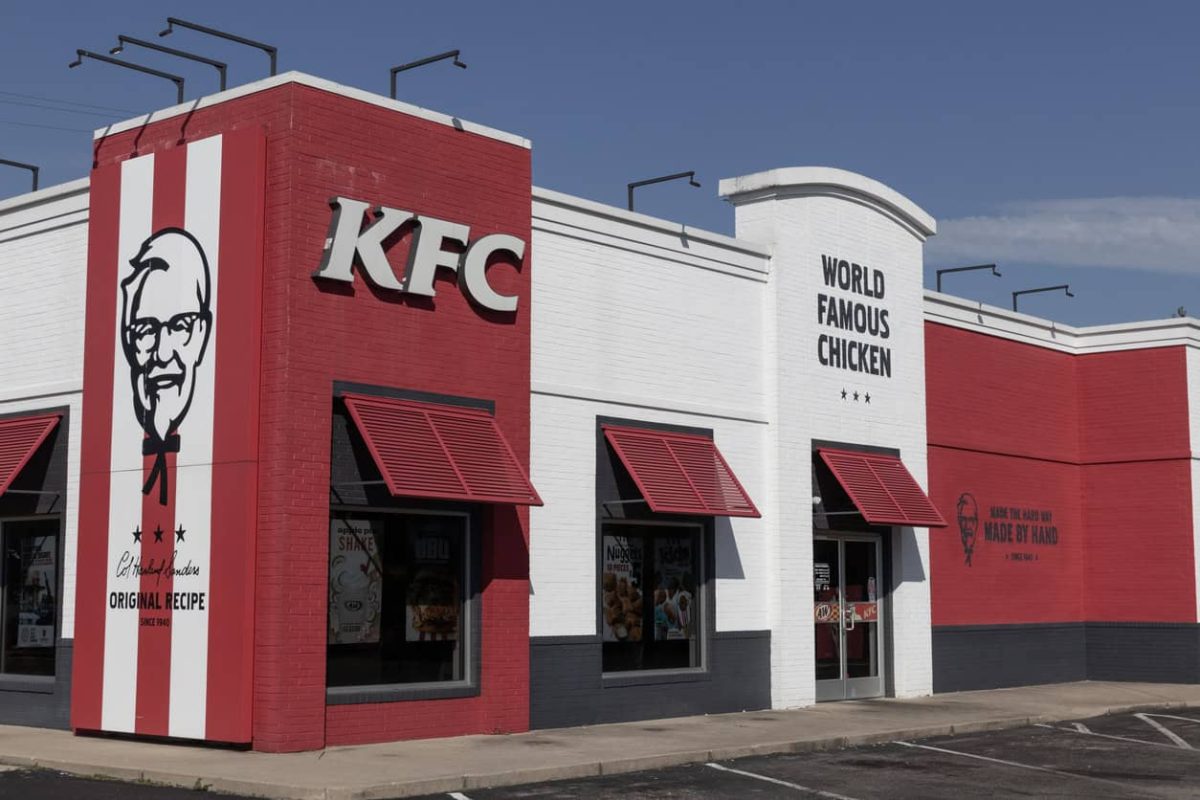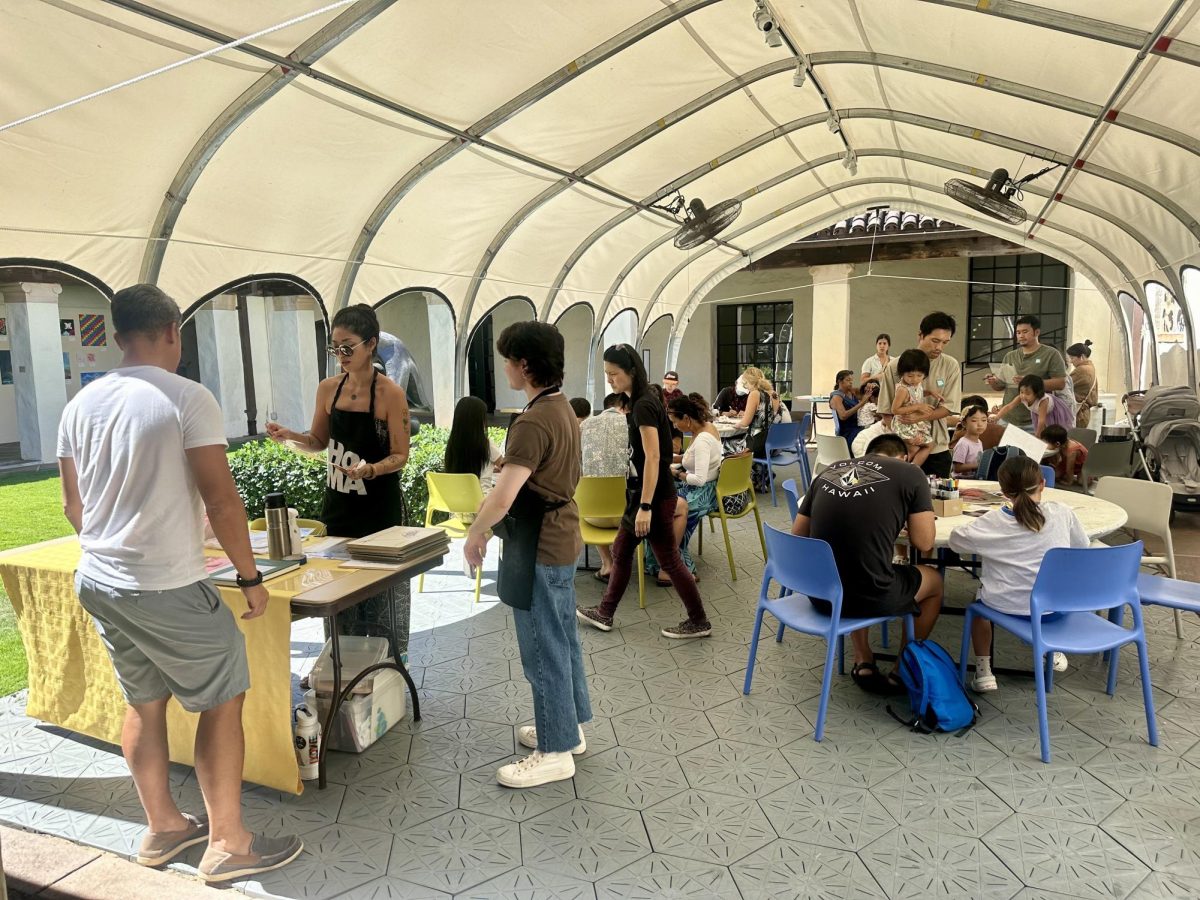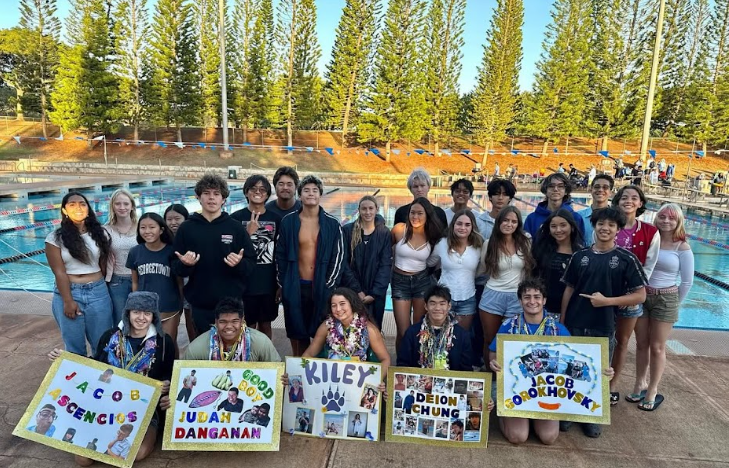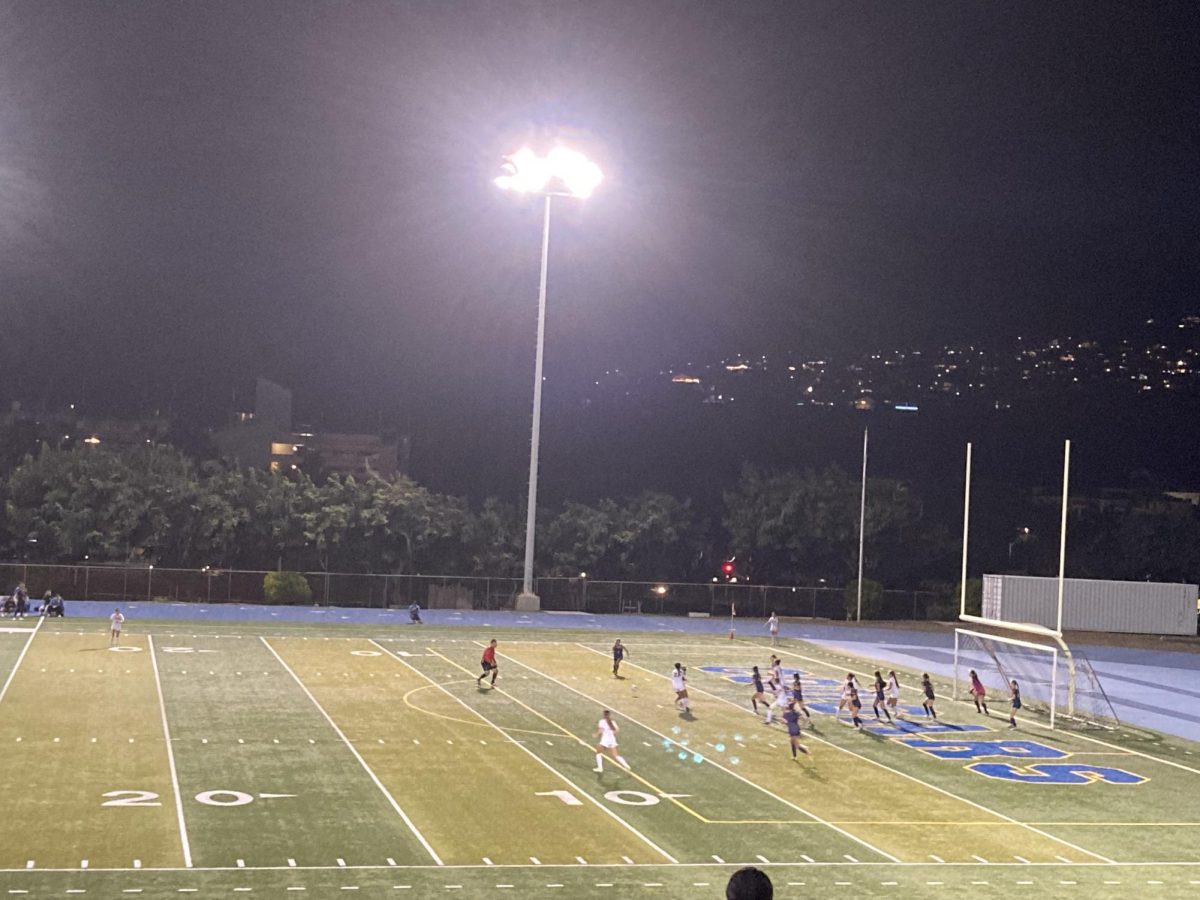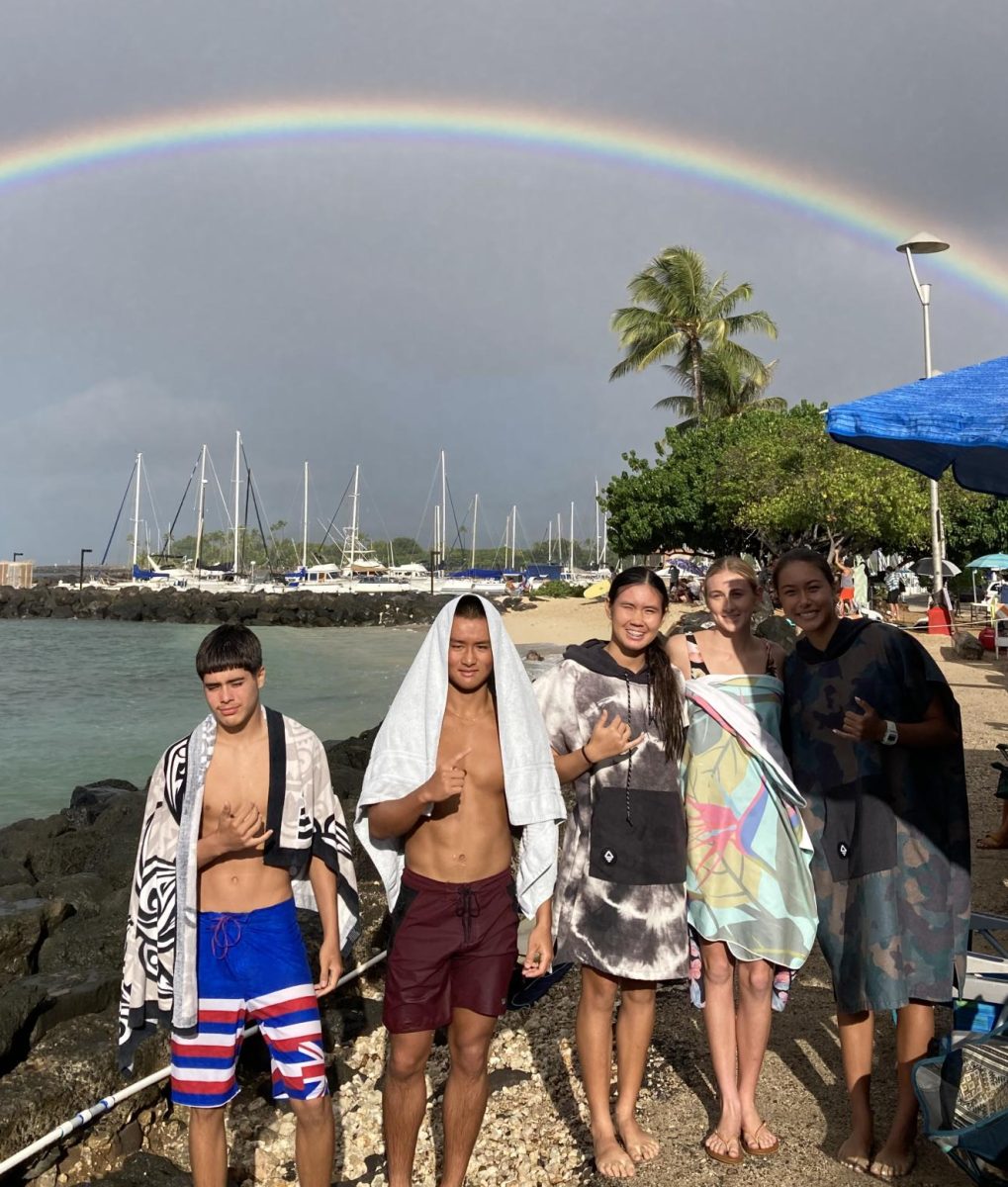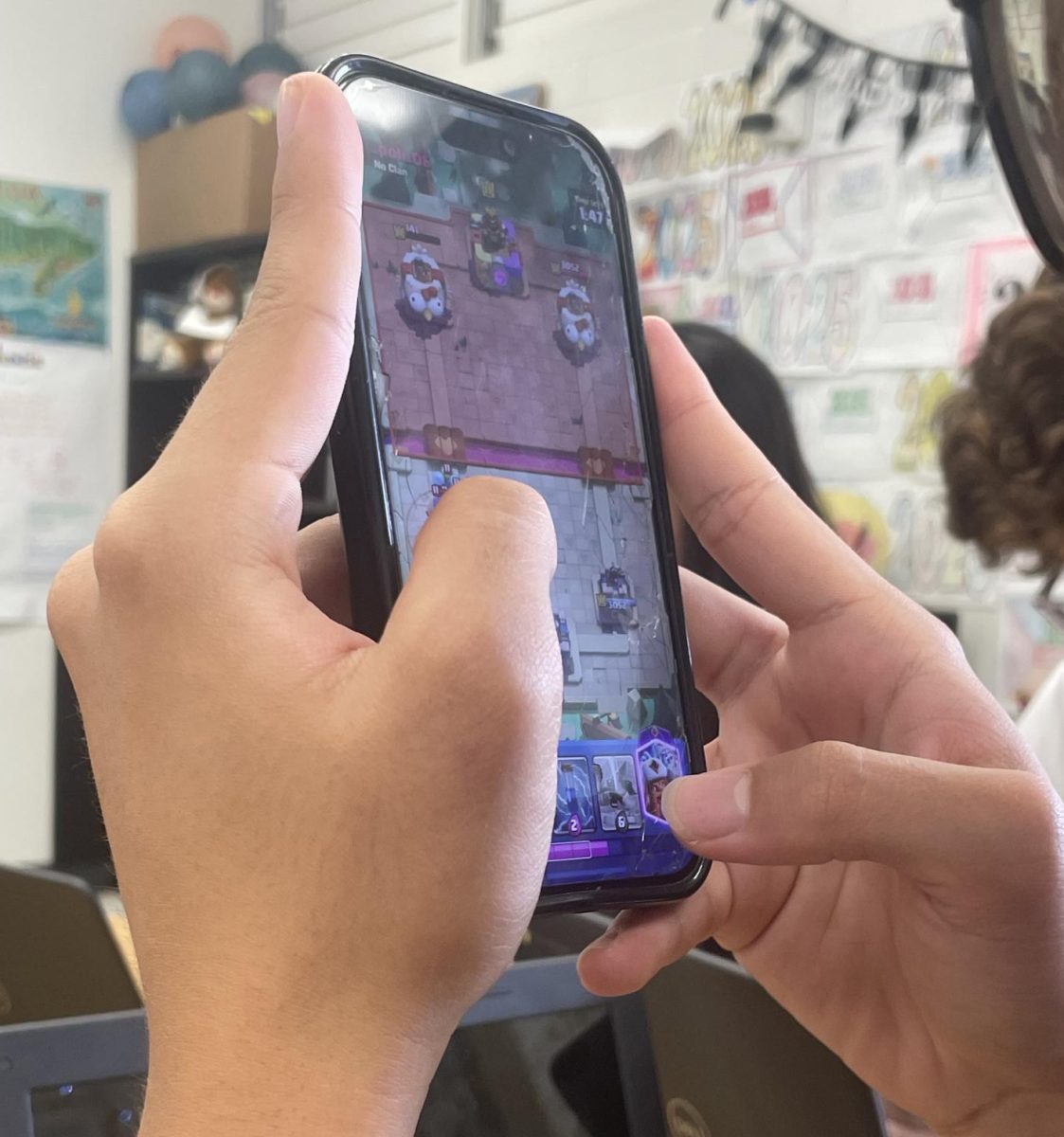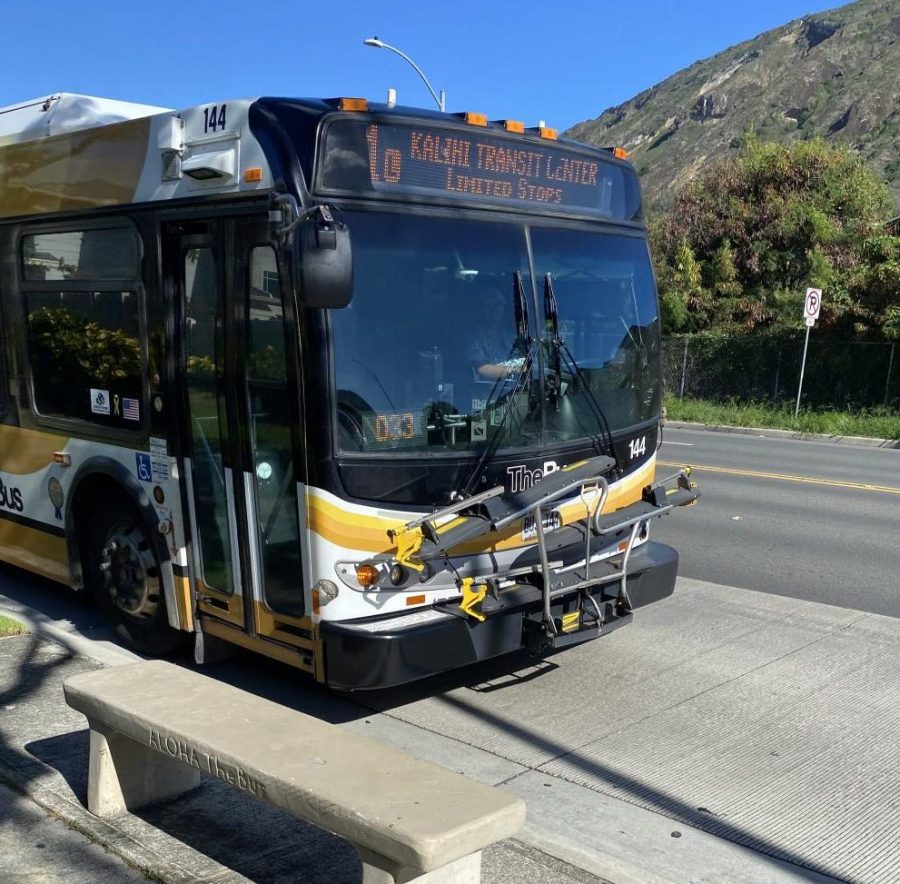Hawaii High School Students Receive Free Bus Passes
November 22, 2022
The Hawaii State Department of Education has launched a pilot program to provide free city bus passes to Hawaii high school students.
The program, which Superintendent Keith Hayashi announced in September, was created to expand transportation options for students, and to help mitigate the school bus driver shortage. It allows any Hawaii public high school student with an active student ID to receive a free city bus pass through July 2023.
The program first came to be in March 2022. The Hawaii State Senate was considering Senate Concurrent Resolution 148, which called for forming a task force to address the rising costs of transportation in the state. State Senator Chris Lee, chair of the Senate Transportation Committee, was one of the sponsors of the bill.
“It’s pretty clear that in Hawaii, and in the rest of the country, we pay significantly more for transportation than almost anywhere else in the world,” Lee said in an interview. “The average resident in the EU, for example, pays about 8% of their annual income for transportation. In Hawaii, we pay more than double that. It’s clear that there’s a lot cheaper and a lot better ways to be able to get people around.”
Emily Evans, an administrator for the Department of Education (DOE) Student Transportation Services Branch, was asked to submit testimony to the Transportation Committee on the measure. In it, she requested that the state provide funds for free transit passes for all public school students.
“As a Department of Education employee, I often see how transportation affects an individual’s access to essential resources,” she said in her testimony.
Lee supported the idea. He worked to introduce legislation that would fulfill this, but was unable to do so during the 2022 legislative session.
“We looked at a couple different things, not only bills, but mostly just putting a line item [in the DOE’s annual budget] that would allow the DOE to provide free public transportation to all public school students,” Lee said. “In the end, it didn’t end up going through; there were a whole bunch of technical issues and we basically were up against a deadline.”
Instead, the program was created using DOE general funds that had already been granted. Evans realized they lacked the funds to provide free bus passes for all students, but would be able to provide passes to those in high school.
“I asked our Administrative Manager… to do a detailed budget projection of our funds for the 2022-2023 school year,” she said. “While she was working on that, I started my own detailed budget analysis of what the… program would cost based on the current county bus pass costs and our enrollment numbers on each island. Once we were both done with our budget analysis, we compared them. Due to some cost saving measures we took earlier in the year along with a reallocation of resources, we found that while we couldn’t fund K-12 passes, we could afford to pilot a program for high school students.”
However, the pilot program will expire in August 2023. To extend the program, legislators would have to pass a measure to permanently fund the initiative. They could also add additional funding for the program into the Department of Education’s annual budget.
“This coming year, we want to kind of pick up where we left off, and ensure the program could be more broadly built,” Lee said.
Free public transit has been implemented in several cities across the country. Hawaii Island already allows the public to ride city buses free of charge, a program being financed by the federal government.
The city bus isn’t the only form of transportation Lee hopes to develop. He’s interested in a broader effort to diversify transportation options across the state, including around Kaiser High School.
“There’s actually three schools along [Lunalilo Home Road]- there’s Kaiser, and then there’s elementary schools in Portlock and Kamilo Iki, further back in the valley. And that road is crazy wide,” Lee said. “You could put in, say, protected bike infrastructure along there, basically a protected bike lane that’s got trees or some sort of barrier from the road. And all of a sudden, everybody who goes to any of those schools who lives up in the valley or along that corridor can just hop on a bike or a scooter and get to school.”
Ultimately, Senator Lee hopes to see a change in how public transportation is managed in Hawaii.
“I think the most successful places provide efficient, cheap transportation as a government service, just like schools or roads,” Lee said. “But… anytime this comes up, I think it’s viewed through the lens of something that must be self-funded and self-sustaining, as a business model rather than a public service. And I think that’s the wrong approach. But if you [develop transportation infrastructure] as a benefit of paying taxes in the first place, then it becomes something that’s a lot cheaper and more widely available, and I think you’d see the usage go way up.”
